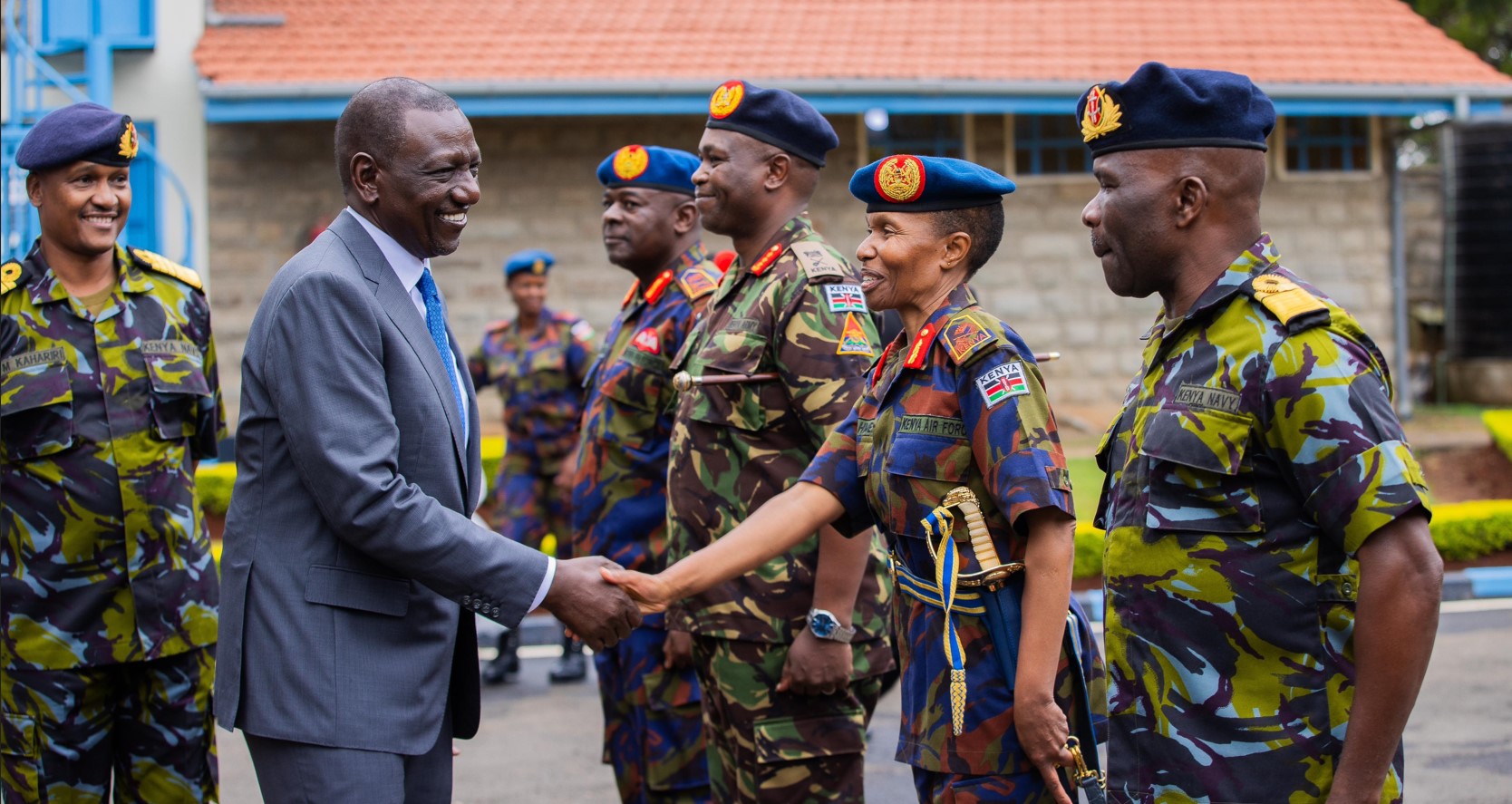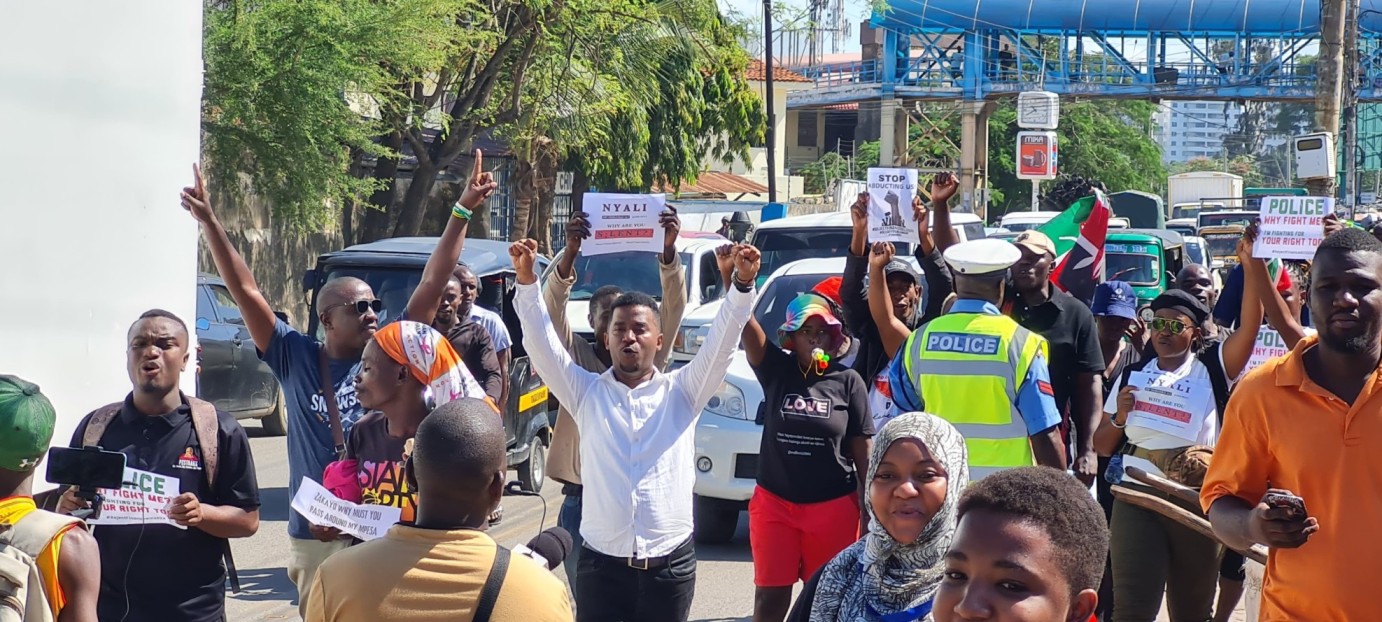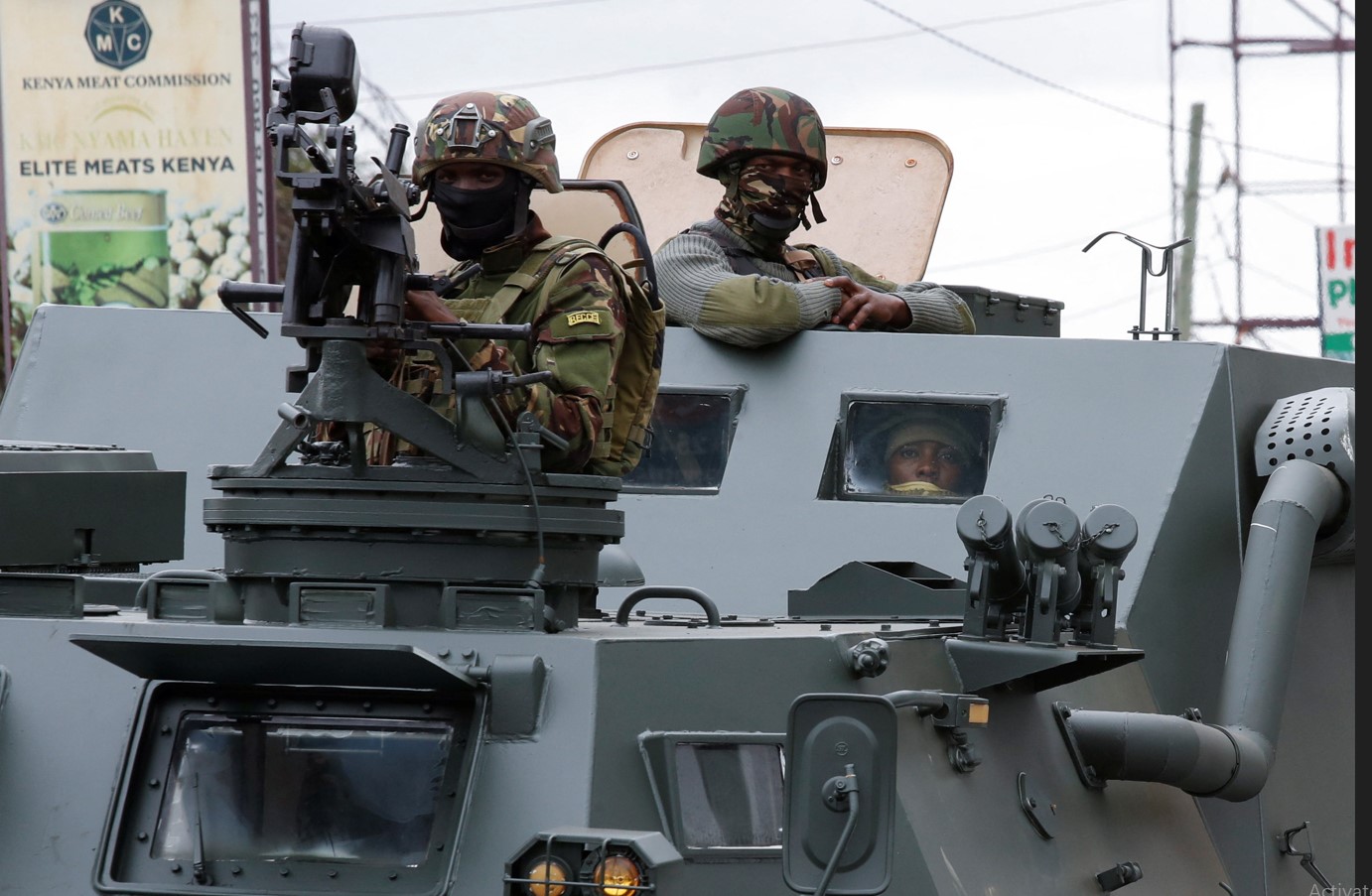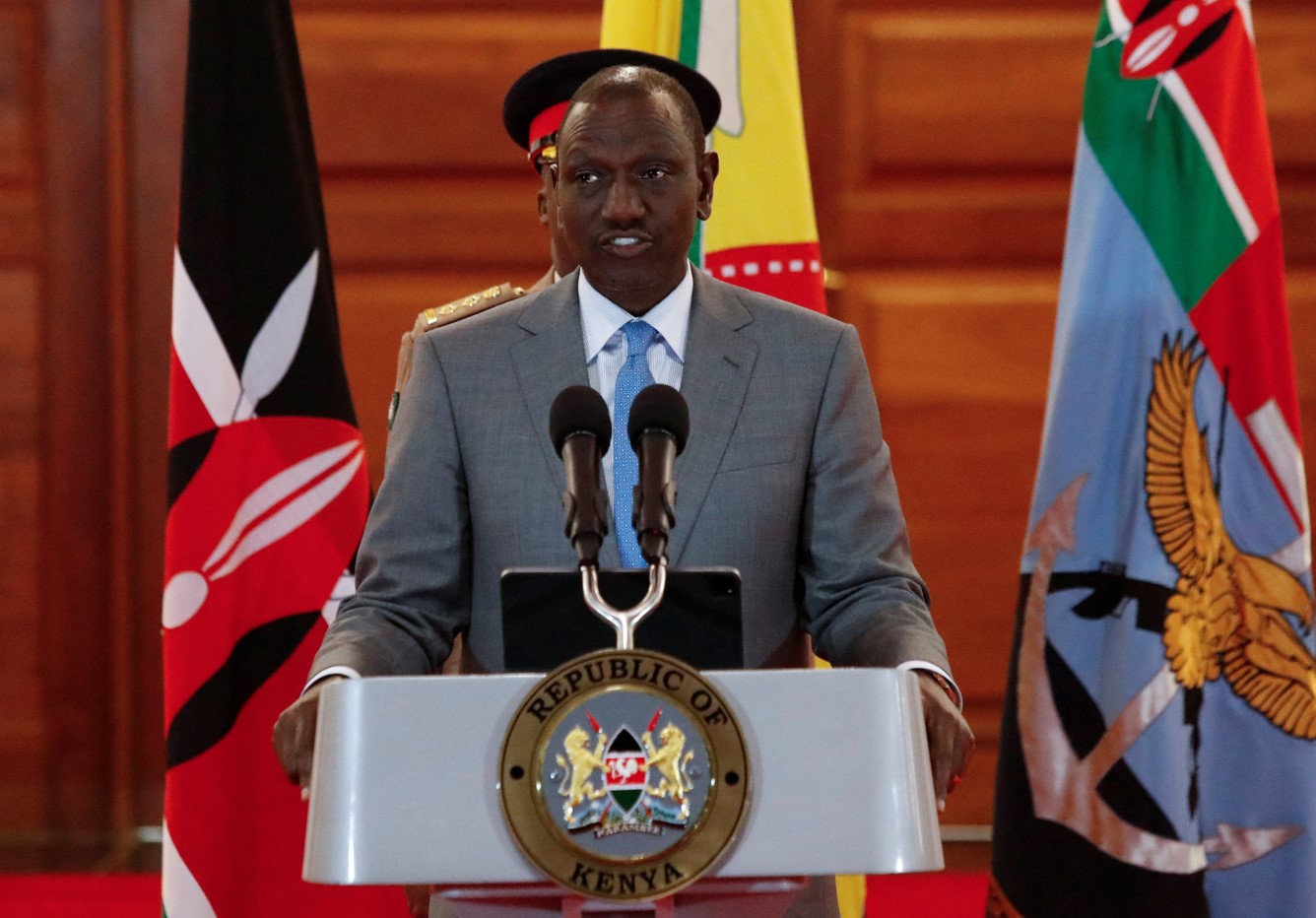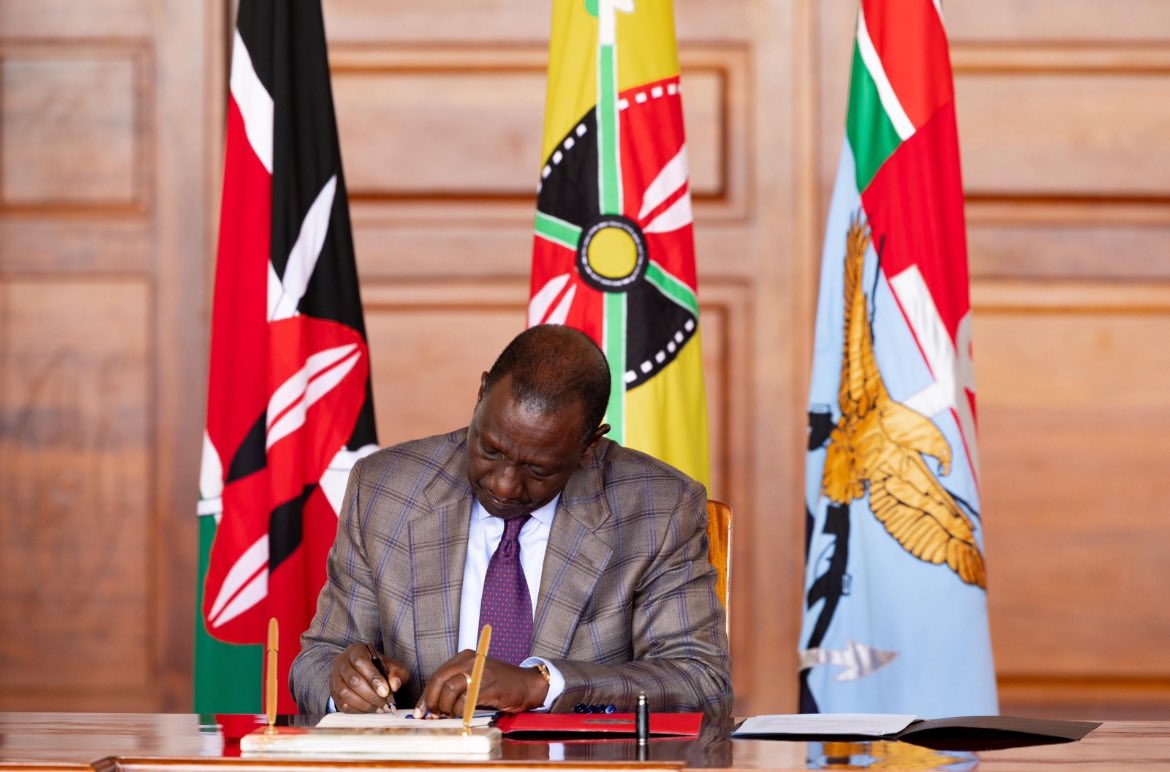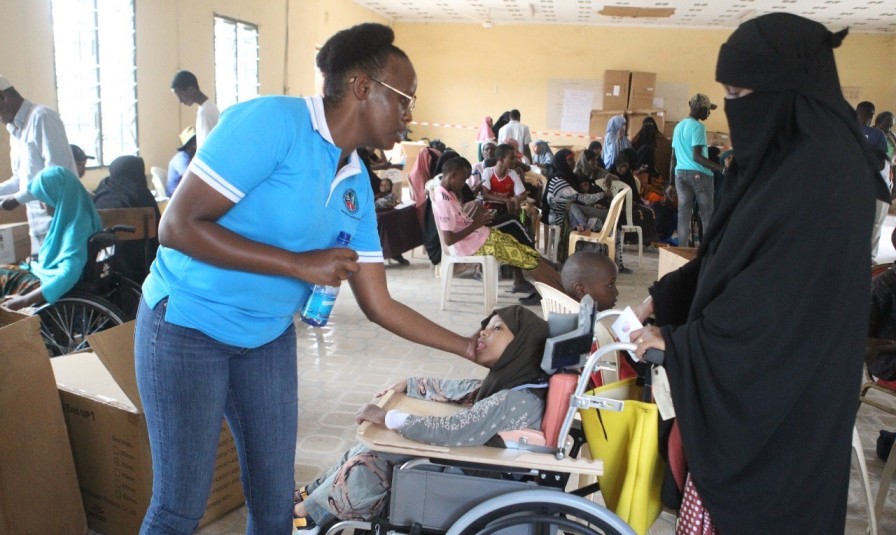WHO, Japan partner to support over 900,000 people affected by floods in Somalia
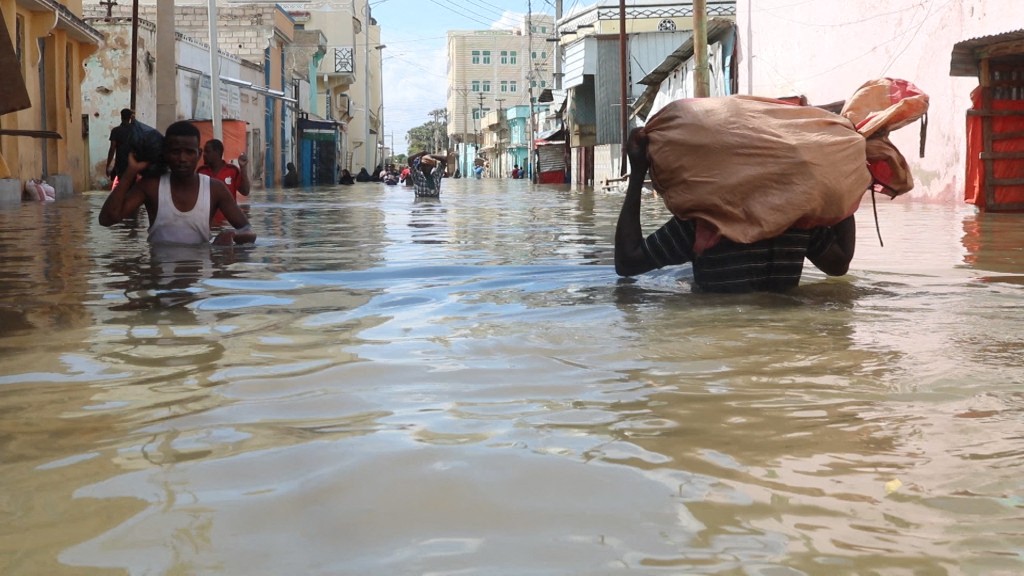
By Charity Kilei |
WHO in collaboration with the Ministry of Health and Human Services, aims to mitigate the health effects of recurrent climate shocks, food insecurity, and disease outbreaks, particularly cholera, while enhancing the resilience of the health system.
World Health Organisation office in Somalia launched a partnership with Japan, aiming to provide life-saving interventions to nearly 900,000 people throughout 2024.
Somalia received a US$700,000 grant from the Government of Japan. The initiative targets communities in Somalia still grappling with the aftermath of extreme climate events.
Keep reading
Titled “Ensuring Access to Essential and Emergency Health Care for Drought (and Flood)-affected Communities Living in Hard-to-reach Areas in Somalia,” the project spans the entire year and focuses on 15 districts heavily impacted by floods and droughts.
Dr. Reinhilde Van de Weerdt, WHO Representative to Somalia, highlighted Japan’s consistent support in enabling WHO to intensify efforts against recurring cholera outbreaks.
“Japan’s continuous contribution will enable WHO to enhance our ongoing activities in responding to recurring and escalated cholera outbreaks in Somalia, particularly in areas affected by extreme weather events,” said Dr Reinhilde Van de Weerdt, WHO Representative to Somalia.
This ongoing assistance highlights Japan’s commitment to saving lives and improving health outcomes in Somalia and the Greater Horn of Africa region.
WHO in collaboration with the Ministry of Health and Human Services, aims to mitigate the health effects of recurrent climate shocks, food insecurity, and disease outbreaks, particularly cholera, while enhancing the resilience of the health system.
Ambassador of Japan to Somalia Okaniwa Ken noted Japan’s recognition of the urgent health challenges exacerbated by extreme weather events in Somalia.
"The Government of Japan recognises the urgent need to address the health challenges exacerbated by extreme weather events in Somalia.
"We are pleased to continue our partnership with Somalia. Through this project, we aim to support WHO’s efforts in delivering vital health care services, aiming to save lives and enhance resilience against the impacts of droughts and floods," the Ambassador said.
WHO plans to enhance access to critical health services through community-based interventions across 15 underserved districts, benefiting 866,860 individuals out of nearly 3.2 million in need.
The project will prioritise health and nutrition services, including immunisation for children and care for pregnant and lactating women. It will also strengthen referral systems between communities and health facilities to improve the quality, access, and coverage of essential health care, including treatment for severe acute malnutrition.
Supported by Japan, the WHO will assist the Ministry of Health and Human Services in reinforcing disease prevention, early detection, and rapid response mechanisms at the district level, particularly for cholera outbreaks and other health emergencies.
According to the International Rescue Center, since January 2024, several districts in Somalia have been significantly affected by the cholera outbreak. Initially concentrated in Beledweyne, Hiraan region, the outbreak has since spread to neighbouring areas such as Bula Burte, Jalalasi, and even reached Jowhar in the adjacent Middle Shabelle region.
The seriousness of the situation demands immediate action to halt the disease's further spread. A national Cholera Task Force has been activated and is urgently seeking funding to expand cholera response efforts in these affected regions.
Adding to the crisis, Somalia's population is already reeling from the aftermath of recent floods, which have displaced thousands of families and devastated agricultural lands.
In 2023, Somalia saw a 15 per cent increase in suspected cholera cases compared to the previous year, totaling 18,304 cases from January to December. This rise is particularly alarming due to its disproportionate impact on vulnerable groups, including over 10,000 cases affecting children under five years old.



